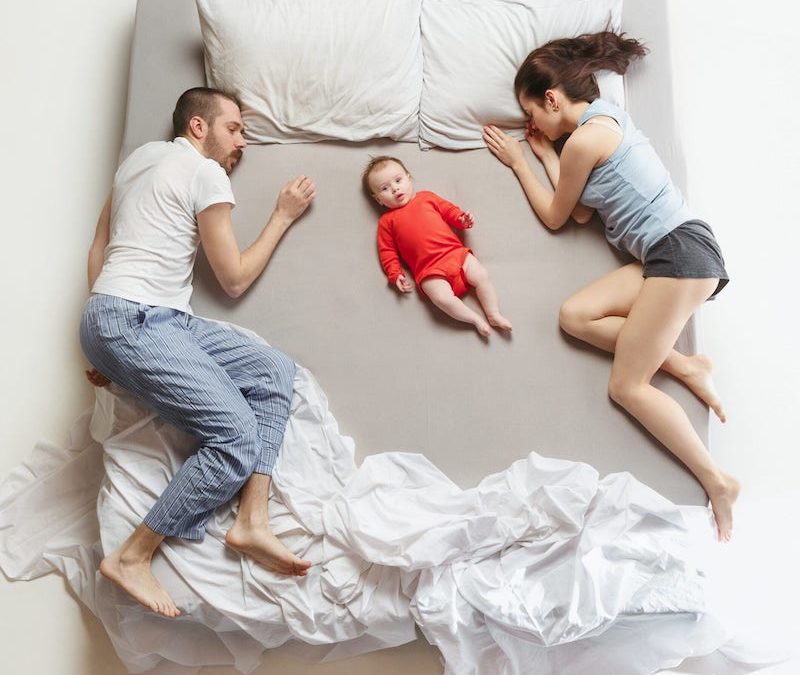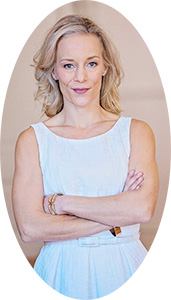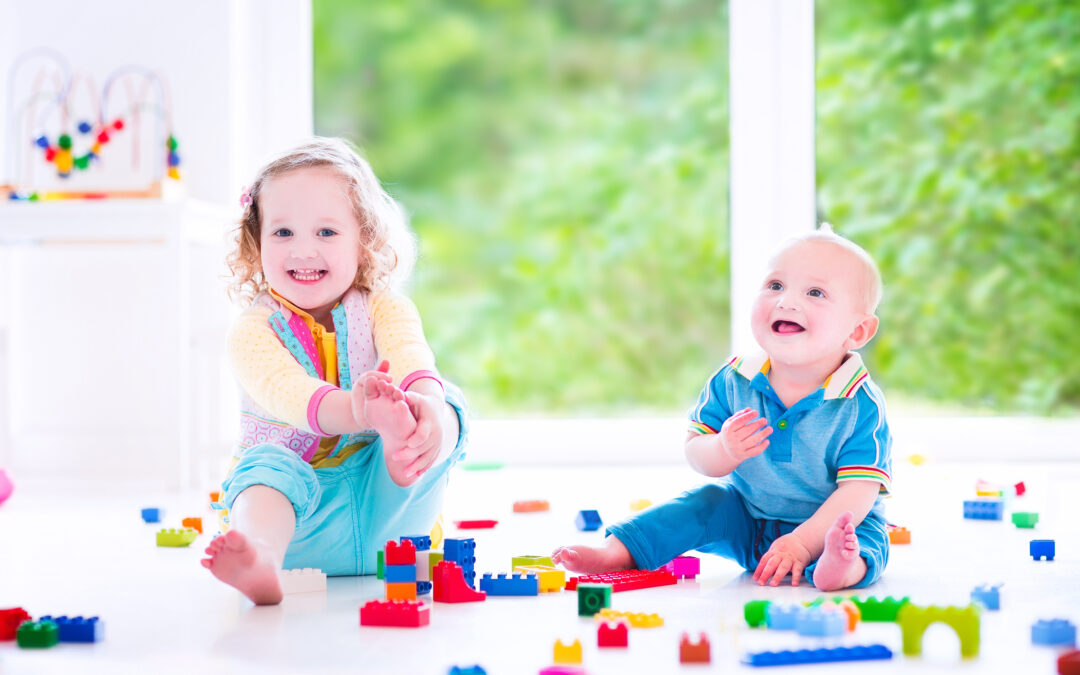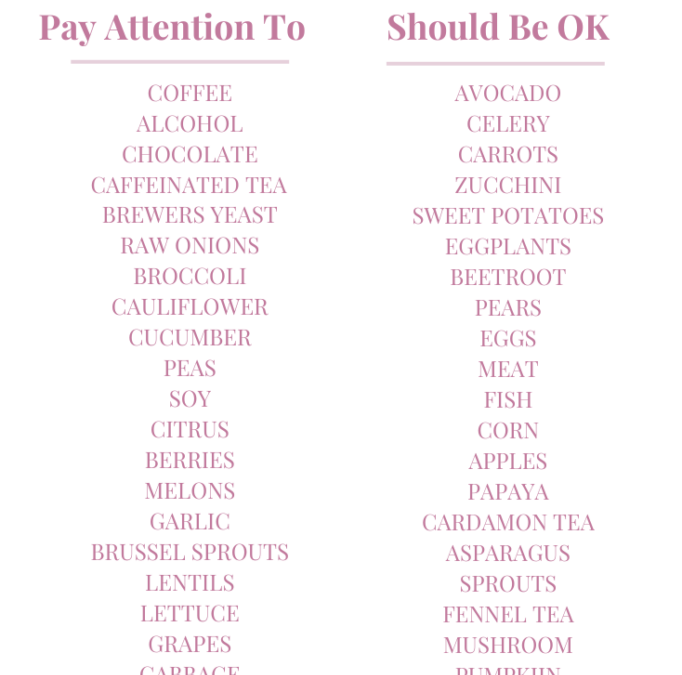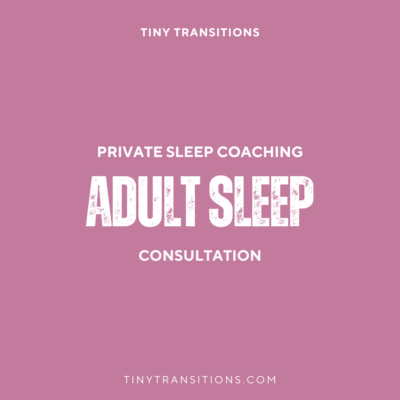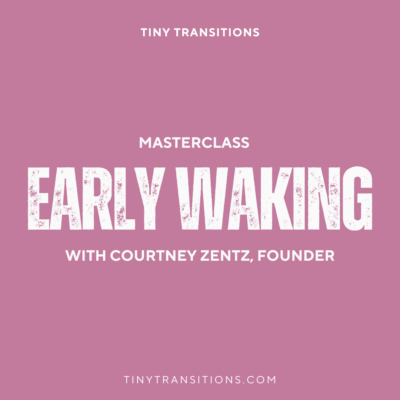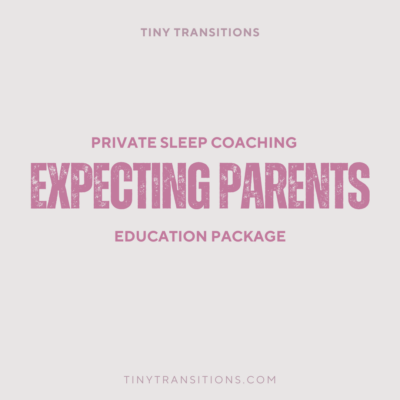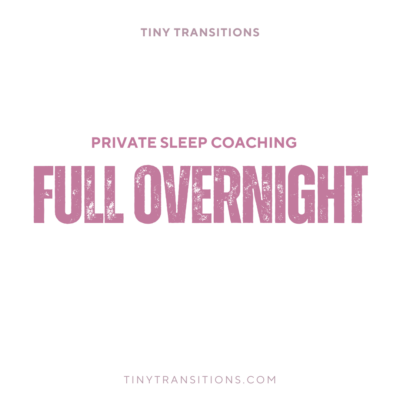Boy, that’s A LOT to cover in a title. In my experience, attachment parenting, co-sleeping, room sharing often go nicely together, sleep training is generally the phrase that can ruffle feathers. I want to explain a bit more about parenting philosophies and how they can work in harmony with sleep training in most cases and hopefully change some minds here today.
As parents, we bear an enormous responsibility. It’s not just about keeping our little ones alive, warm, fed and happy. We’re all looking to raise exceptional human beings. We’re responsible for the quality of our kids’ lives long after they’ve left the nest, and many of the decisions we make today are going to determine who they are throughout the rest of their lives. I always say to my husband that I just want our two kids to be kind. Obviously, I want the world and more for them, but in a world filled with hate, bullying, and judgment, I want them to be kind.
Many families I work with through my sleep consulting business come to me to learn about my services and characterize themselves as ‘attachment parents’ or ‘helicopter parents.’ I feel like most new parents are all about holding baby close, meeting their needs the moment they arise and protecting them with all they have.
SO WHAT IS ATTACHMENT PARENTING?
Attachment parenting by definition is a parenting philosophy that was popularized by Drs. William and Martha Sears in their 1993 publication, “The Baby Book.” The idea, in a nutshell, is maximum closeness and responsiveness. You wear your baby, you share a bed with your baby, you breastfeed on demand, and you answer their cries immediately.
In theory, this creates a strong attachment between mother and baby, which results in well-adjusted children who grow up to be happy, healthy, contributing members of society.
Research does not prove one style of parenting is any better over another. Do you love your kids? Are you doing your best? Are they safe, healthy and happy? Well, consider that a win.
I have worked with more than a few clients who subscribe to the attachment parenting ideology and they usually feel like they’re “cheating” a little when they call me. You see, an important thing to note here is that Dr. Sears included a catchy bullet point list of the principles of attachment parenting that he refers to as “The Seven B’s.” They are, in no particular order…
- Birth Bonding
- Breastfeeding
- Baby Wearing
- Bedding Close to Baby
- Belief in the Language Value of Your Baby’s Cry
- Beware of Baby Trainers AKA Sleep Consultant (that’s me)
- Balance
As you can see, he had to stretch a little to get these to all fit into a “B’ category, but I think you he is a pediatrician, not a poet. I would like to add a rebuttal after 6 and call it ‘Bullshit.’ To shoot down the importance of consolidated, uninterrupted sleep in children is terrible. Research every day proves that sleep is a vital component of our children’s development. Every single child and family I have worked with finished with a child who sleeps well, it’s gentle, effective and tailored to their beliefs and parenting style.
You can bond with your baby as much as you want, breastfeed until you’re blue in the face, and wear your baby in a sling everywhere you go, and as a pediatric sleep coach, I would tell you that’s all fine and dandy – heck, I have two kids that I did this with AND they slept, well I might add. They still do, and today they are 3 & 5.
Sleeping close to baby is another term for bed-sharing, which Dr. Sears is a big fan of. As a sleep expert, I follow the recommendations of the American Academy of Pediatrics around safe sleep, a bed is not safe, there are blankets, pillow, 2 feet to drop to the floor and two humans who are heavy and in many cases, in a deep state of sleep. If it’s working for your family, awesome, the beauty of this world is that you are free to do what you believe is best and I don’t intend on trying to change that. You have your approach and beliefs and I have mine.
Does that mean if you want to co-sleep/bedshare that you can’t sleep train? How can I say this….well….yep. Teaching babies to fall asleep independently isn’t really feasible when Mom is in arms’ reach at all times, waking every 45 minutes to breastfeed back to sleep, that’s not what would be commonly described as “restorative sleep.”
For anyone who wants to keep their little one close but would rather not wake up to baby’s toes in their nostrils ten times a night, I suggest sharing a room instead of a bed. As long as the baby has a separate space to sleep, like a crib or a pack-n-play, then sleep training is once again a viable option ( & something I do a lot with families in large cities, like New York (NY), Philadelphia or D.C, where I have a lot of sleep consulting clients.
LET’S TALK NOW ABOUT SLEEP TRAINING & CRYING-IT-OUT
A lot of my clients are surprised when I tell them that sleep training does NOT require them to close the door, leave the baby and let them “cry it out.”
As a parent, our instinct is to protect our children, to support them, reassure them and to encourage them in the many stages of their lives. I have never met a parent who says ‘crying’ – doesn’t bother me, I could listen to it for days. Instinct and the culture we live in today have created a perception that children should not be crying and that it’s our job as parents to make them stop.
The foundational element to crying is that it’s the way babies communicate and we certainly want to respond to that cry but doing in a way that best supports the baby, but how is hard because every child is different. Sometimes, how we respond and what we believe is best coupled with anxiety and stress they hear in us is felt by them, causing them more stress and anxiety, not allowing them the time to process through it & clear the feeling.
If we respond to the immediate impulse to stop crying, we are less likely to give them the chance to work through the tension they are feeling. Instead, we replace it with another feeling and they don’t ever learn how to process and work it out. A cry is a natural healing mechanism and helps the body decompress. Research shows that stress-release crying early in life will help prevent emotional and behavioral problems later on in life. (Solter)
There are 5 benefits that I believe it’s important for my clients to understand about crying, as there will be some tears during the changes we are making, I make no secret of that and anyone who says they won’t is lying to you.
- Crying is a Natural Detox for Our Body. Emotional tears are the type of tears we see most when working on sleep with families. They contain hormones and toxins and research is starting to show it’s helpful to flush these from your body.
- Crying Helps Create a Self-Soothing Mechanism. Researchers at the NIH have found that crying activates the parasympathetic nervous system. This helps the body rest and digest. The benefits are not immediate, it takes several minutes of crying to feel the soothing effects of crying.
- Crying Releases Endorphins. These are feel-good opioids that can help with physical and emotional discomfort. Oxytocin that’s release gives you a sense of calm or well-being, another benefit of a child learning to self-regulate.
- Crying is a Call for Interpersonal Support. Crying is an attachment behavior and allows us to signal we are looking for care and comfort as we work through the feelings we are having.
- Crying Helps to Restore Balance. It is a way to restore balance emotionally for a child who is sometimes processing or protesting something they are yet unsure of. Sometimes our little ones will cry when we go to the bathroom, take a shower, go into another room or when a stranger approaches. If we try to mitigate all of them, life as a new parent becomes far less enjoyable.
Let me try to add some context to this. If a child was crying over not getting a brownie for breakfast, should we give in to that cry? If we do, we simply teach them that crying is a tool to get a response to something they desire – whether they should have it or not. I don’t know many parents who want their kids eating brownies for breakfast.
As a sleep consultant, I teach families about listening to their children’s needs. Infants are especially sensitive to their parents and what their parents are projecting. They also want to be heard, understood and supported. I encourage parents to always remain calm and steady in their interaction with their children, as hard as it is, but calm breeds calm. First and foremost, we want to tend to our child’s needs and ensure that they are OK.
So, when Dr. Sears says “Beware of baby trainers,” that’s unfair.
I can’t speak for everyone in my profession, but as a top-ranked Pediatric Sleep Expert, I am part of a collaborative network of pediatric sleep coaches in the world, and we all have one thing in common.
We’re passionate about helping families.
We’ve been through this issue ourselves, we’ve found a solution, and we’re devoted to helping others the same way we helped our own babies because we know, first hand, the difference it makes in people’s lives.
We work with people in their most frazzled, desperate moments, and it is challenging work. The reward is in the results; the smiles of those happy babies and the relief in the eyes of the parents who are feeling reinvigorated and re-energized about raising kids now that they’re getting enough sleep.
My only other issue with the attachment parenting style outlined by Dr. Sears lies in the last of his seven rules.
Balance.
“Wear your baby everywhere, breastfeed on demand, respond immediately to every whimper, sleep next to them, and hey, remember to take some time for yourself, because it’s all about balance.”
But on the fundamental principle of balancing your parenting responsibilities with your self- care, I totally agree. Being a mother is a priority. It can easily be argued that it should be your main priority. If you’re going to be the best parent you can be, you absolutely, inarguably, need to get regular, sufficient rest. No mom I know naps when the baby naps.
Parenthood is hard work, it really does take a village. You have to be patient, understanding, energized, empathetic, entertaining, and focused to be a good parent. Ask yourself, how many of those qualities would you say you possess on four hours of sleep?
It reminds me that we, like our babies, are unique, and all of these parenting recipes need to be tweaked and adjusted to suit our individual familiar needs. If attachment parenting is your thing, more power to you.
The best parenting strategy is the one that works for you and your family.
But if your little one isn’t sleeping and bed-sharing doesn’t seem to be rectifying the problem, I urge you to consider bending Dr. Sears’ rules a little and getting some help. You can still snuggle, wear, enjoy and balance that with a great night of sleep for both you and them. Remember, how you feel in the morning your baby feels. I won’t tell Dr. Sears if you don’t.
My name is Courtney Zentz, a Pediatric Sleep Consultant, Lactation Counselor and founder of Tiny Transitions. As an award-winning specialist, I and my team help exhausted parents teach their infants & toddlers to sleep well every night with gentle, customized solutions and both group and private coaching options, so your family can all be at their best. Based in Philadelphia, I work in-home and virtually to provide the support that families need to all be at their best. Looking for support today? Join my sleep community here, where I provide weekly live training, content, and support on your parenting journey.

